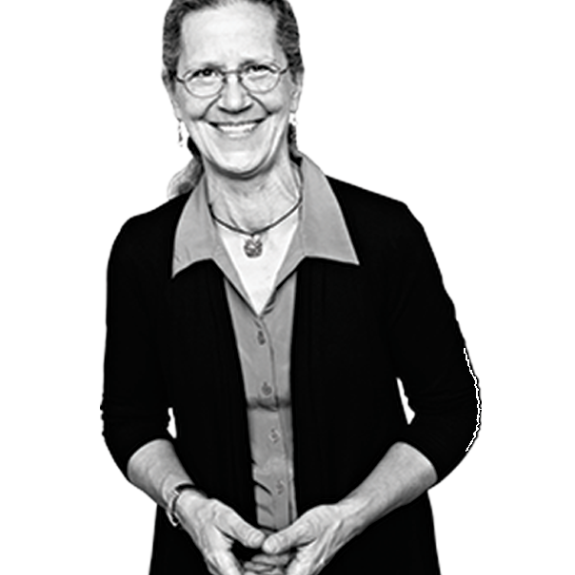Subscribe on your favorite player
Listen on Apple Podcasts Listen on Spotify Listen on Stitcher Listen on Google PodcastsSeptember 12, 2016
Positive Approach to Brain Change - Teepa Snow

About This Episode
For our September Alzheimer’s Talks, we were honored to welcome Teepa Snow, a respected dementia and Alzheimer’s care expert with a background in occupational therapy and more than 35 years of experience in clinical practice.
Through her Positive Approach® to Brain Change, Teepa helps family members, friends, caregivers, and professionals build skills to be a better care partner. This approach to supporting and engaging people experiencing changes in brain function emphasizes making use of the skills retained while providing support and substituting skills for what is no longer available.
CLICK THE PLAY BUTTON AT LEFT TO HEAR THE DISCUSSION.
Key Highlights
Caregivers should not try to do this alone.
Find someone who can support you and give you a break. It is hard to be creative and empathetic when you are exhausted and hurting. Caregiving is a team approach, and should never be tackled alone.
Empathy and creativity make the difference.
Remember, you can’t fix the person with dementia because their brain is damaged. You will both be frustrated. Locate the person’s strengths or find out what the person cares most about, in order to “find the light in the darkness.”
People with dementia need meaningful activity every day.
“We figured out ways to make life livable until life wasn’t present.” Find opportunities for someone with Alzheimer’s to be themselves within their limitations. Look for three types of activities to engage: those that provide a sense of value and purpose; those that lead to moments of joy every day; and physical activities and brain activities that use whatever remains.
She also gave advice on many challenging scenarios and discussed the two most common questions that she receives: What’s the difference between Alzheimer’s and dementia? And why is it that he/she does those things?
Thank you to Teepa Snow for talking about ways to cope with dementia and caregiving. You can also read a full transcript of our conversation.
